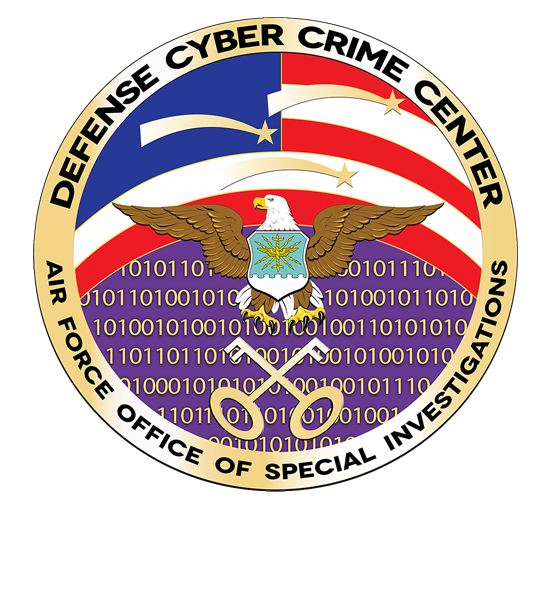DSC named Center of Excellence in cyberforensics
DAYTONA BEACH, Fla. (Aug. 21, 2015) - Daytona State College has been designated a
Center of Digital Forensics Academic Excellence (CDFAE) by the Defense Cyber Crime
Center (DC3), an arm of the U.S. Department of Defense. The designation applies to the college's Center for Cyberforensics and Cybersecurity
which houses the Advanced Technical Certificate in Cybersecurity and Cyberforensics
program. Daytona State is one of only about a dozen schools nationwide that meets
the requirements for the CDFAE designation by DC3's Academic Cyber Curriculum Alliance,
which sets standards and best practices for digital forensics practitioners, educators
and researchers. The CDFAE designation is good for three years.
The designation applies to the college's Center for Cyberforensics and Cybersecurity
which houses the Advanced Technical Certificate in Cybersecurity and Cyberforensics
program. Daytona State is one of only about a dozen schools nationwide that meets
the requirements for the CDFAE designation by DC3's Academic Cyber Curriculum Alliance,
which sets standards and best practices for digital forensics practitioners, educators
and researchers. The CDFAE designation is good for three years.
"This is quite an achievement, and represents the college's commitment in continuing the advancement of digital forensics education in our region," said Daytona State professor, Dr. Philip Craiger, who heads up DSC's $1.8 million National Science Foundation grant-funded Advanced Cyberforensics Education Consortium (ACE). "It demonstrates the quality of our cybersecurity program and makes our students more competitive in the employment arena."
The CDFAE program offers designations to accredited academic programs that confer a digital forensics-related degree. The designation process required the college to map its curriculum to a comprehensive list of standards and criteria identified as requirements for proficiency in cyberforensics.
"The Center of Excellence designation allows DSC students who have completed our cyberforensics certificate program to take a proficiency test developed by DC3," said Craiger. "Students who pass the test demonstrate proficiency in cyberforensics and can be hired without the need to spend additional dollars training them. They come in prepared with proven capabilities to get the job done."
DSC's Advanced Technical Certificate in Cybersecurity and Cyberforensics is an 18-hour program that focuses on the protection and analysis of computer and network systems. The program incorporates innovative, tested methods of instruction with hands-on lab work. It is open to students who have earned an associate of science, associate of applied science, associate of arts or previous bachelor of science degree. The program is available fully online, offering convenience and flexibility for students.
Credits earned in the program can be applied toward Daytona State's Bachelor of Science in Information Technology and Bachelor of Science in Engineering Technology. The BSIT and BSET, along with the college's Bachelor of Applied Science in Supervision and Management, have put the college in the Top-10 ranking in U.S. News & World Report's Best Online Bachelor's Programs for three years running.
Daytona State is the lead institution in the NSF-funded ACE Consortium, whose goal is to advance cyberforensics education in the southeastern United States. The consortium is composed of nine colleges from Florida, Georgia and the Carolinas. It is taking a multi-threaded approach to promoting digital forensics education, including training faculty; creating and distributing comprehensive course materials; working with K-12 schools to implement cybersecurity and digital forensics programs; and serving as a catalyst for workforce development.
According DC3, the U.S. is in a cybersecurity workforce deficit. More than ever, organizations need to plan for the future as significant shifts in cyber operations accelerate globally.
The U.S. Bureau of Labor Statistics notes the demand for cybersecurity professionals will increase by 37 percent over the next eight years, with median pay for experienced professionals averaging near $86,000 annually. Cybersecurity jobs are found in business, industry, military, law enforcement, government, academia and the intelligence community.
###


